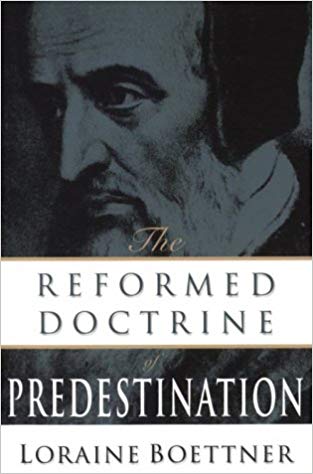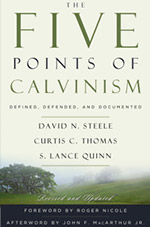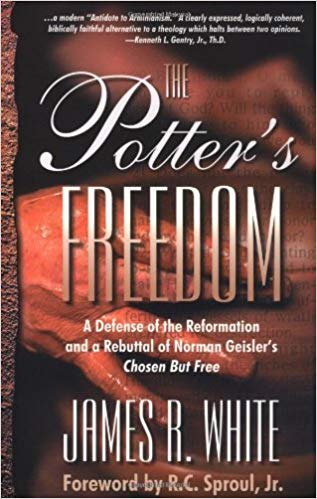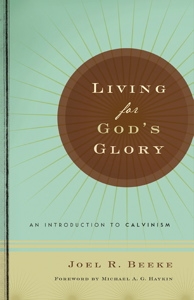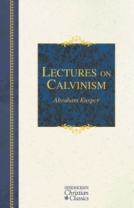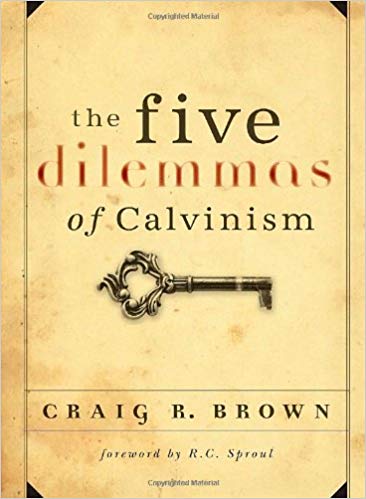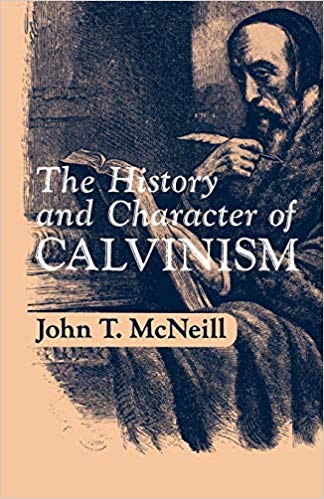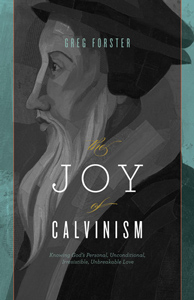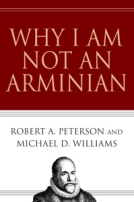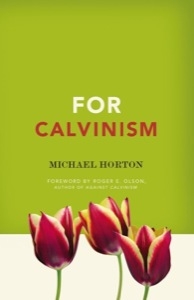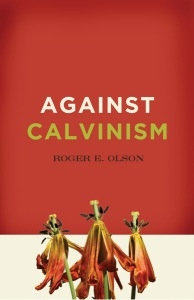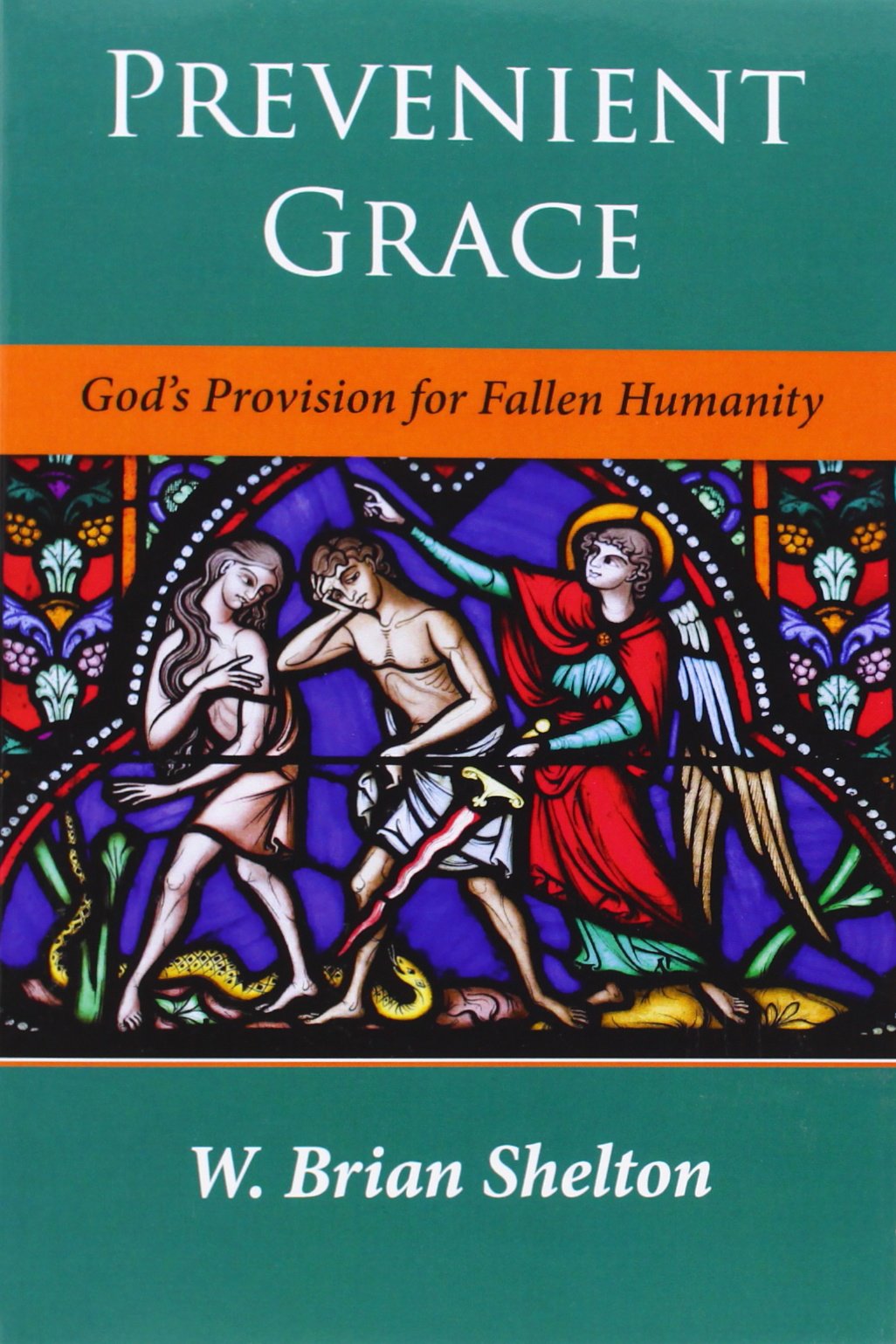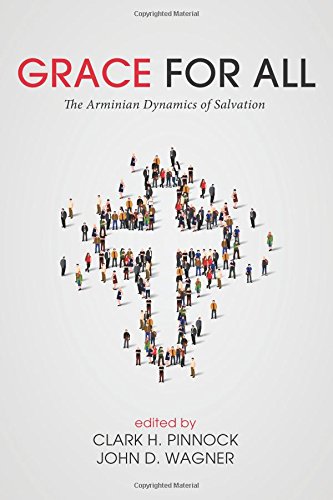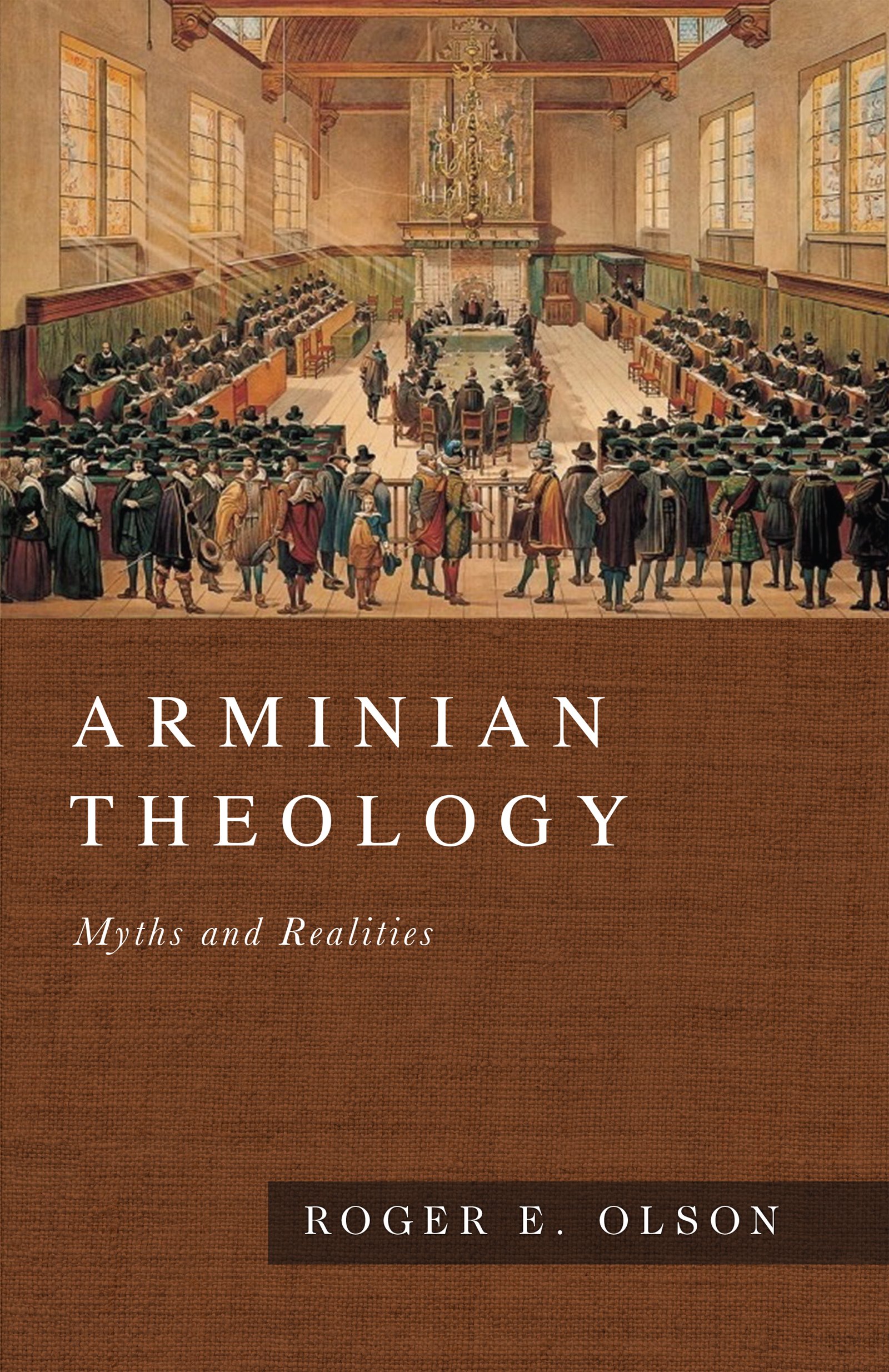It is notable that John Wesley would agree with the preceding diagnosis. He writes,
I believe that Adam, before his fall, had such freedom of will, that he might choose either good or evil; but that, since the fall, no child of man has a natural power to choose anything that is truly good. Yet I know (and who does not?) that man has still freedom of will in things of indifferent nature.[3]
Human beings since the fall are so enmeshed in the power of sin that apart from divine grace they cannot choose what is spiritually good.[4] This point is often acknowledged by Wesley scholars.[5] Harald Lindstrom rightly remarks that ”Wesley maintains that natural man is totally corrupt.”[6] He is ”sinful through and through, has no knowledge of God and no power to turn to him of his own free will.”[7] Robert V. Rakestraw says that in Wesley’s theology ”men and women are born in sin and unable in themselves to make the least move toward God.”[8] Colin W. Williams affirms the same point: ”Because of original sin, the natural man is ’dead to God’ and unable to move toward God or respond to him.”[9] Leo G. Cox says, ”By nature man receives nothing that is good. … He is free but free only to do evil and to follow on in the way of sin.”[10] Wesley did not believe that the will of fallen humanity was free. He says, ”Such is the freedom of the will; free only to evil; free to ’drink iniquity like water;’ to wander farther and farther from the living God, and do more ’despite to the Spirit of grace!’”[11] The Wesleyan analysis of the human condition does not differ fundamentally from the Calvinistic one.[12] Indeed, in 1745 John Wesley said that his theology was ”within a hair’s breadth” of Calvinism:
- In ascribing all good to the free grace of God.
- In denying all natural free-will, and all power antecedent to grace. And,
- In excluding all merit from man; even for what he has or does by the grace of God.”[13] Wesley’s analysis of the human condition and his bold proclamation of divine grace should warm the heart of any evangelical Calvinist.


